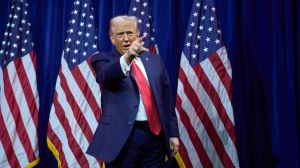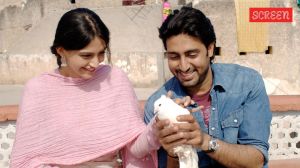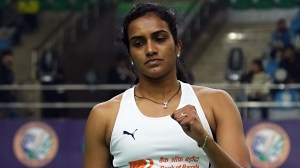Left loses their most charismatic face
Former Kerala chief minister E.K. Nayanar died today, nearly two weeks after he was placed on life support following kidney failure and a he...

Former Kerala chief minister E.K. Nayanar died today, nearly two weeks after he was placed on life support following kidney failure and a heart attack. He was 84. Nayanar8217;s body will be flown to Thiruvananthapuram.
The CPIM veteran was admitted to AIIMS on April 26, for treatment of diabetes and foot ulcer. On May 6, he suffered a massive heart attack. An angioplasty was done and he was on life support system since then. One of the most popular Communist leaders and the longest-serving chief minister of Kerala, Erambala Krishnan Nayanar was known for his clean image and total dedication to the movement of which he was an integral part.
He set a record of sorts in Kerala politics, becoming chief minister for three terms, 1980-82, 1987-91 and 1996 to 2001.
A CPIM Central Committee member since 1972, Nayanar had been a member of the party8217;s politburo since the mid-eighties. He had served as the state secretary of the party for several terms.
Born in 1919 in a well-to-do feudal family in Kalliassery in Kannur district, Nayanar joined the Communist Party in 1939, attracted by pioneers P. Krishna Pillai, A.K. Gopalan and E.M.S. Namboodiripad. He participated in the Kayyur and Morazha peasant uprisings and was forced to go underground to evade arrest by the British government.
When the CPI split in 1964, Nayanar took sides with the CPIM. He was elected to the Lok Sabha from Palakkad in 1967, but returned to active state politics getting elected to the Assembly through a by-election from Irikkur in 1974.
A prolific writer, Nayanar had been editor of the party daily Deshabhimani. His published works include his political autobiography My Struggles. Perhaps the only Indian Communist leader to call on Pope John Paul II during his visit to Italy a few years back, Nayanar presented the pontiff with a copy of the Bhagavad Gita.
IUML chief Panakkad Syed Muhammedali Shihab Thangal said Nayanar8217;s demise is a great loss to the people of the state. Close friend Justice V.R. Krishna Iyer said he was a simple man who could identify himself with the peasant struggle and working class battle for their rights.
- 01
- 02
- 03
- 04
- 05































